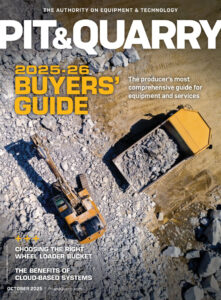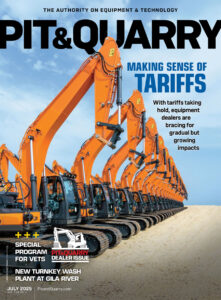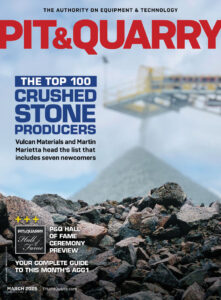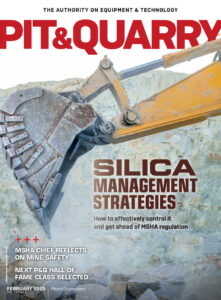
The political advertising debate between Facebook and Twitter is making headlines and sparking controversy, and not only in the social media world.
In case you aren’t up to speed on the social media giants’ recent announcements, Twitter CEO Jack Dorsey decided to ban all political ads on the platform starting in November, whereas Facebook CEO Mark Zuckerberg will continue to allow these advertisements to run, even if they contain false allegations. The debate has brought up issues of mistrust and disinformation, freedom of speech and where to draw the line between the two.
What social media lessons can the aggregate industry learn from this?
1. Stay genuine.
As mentioned in my previous columns, use your social media platforms to tell the story of who your company is. Share company insights and business updates, but don’t be afraid to let your followers know when you’re celebrating a milestone or volunteering at a local soup kitchen. These stories will ultimately help build your brand’s identity.
2. Tell the truth.
It seems obvious, but don’t let the allure of clinching a sale tempt you to share misleading pricing information in an ad, whether it be in print or social media. Telling the truth will help you build trust with your employees, customers and potential customers.
3. Use social media in a positive light.
Keep the main focus of your social media platforms (and ads) on your company. Don’t focus on sharing negative messages, or even lies, about your competition. You want your viewers to remember your company when they view your ad – not your competition.
4. Don’t underestimate the power of social media advertising.
If anything, the political ad debate demonstrates the power of social media advertising and the effects it can have on those being targeted.
“While internet advertising is incredibly powerful and very effective for commercial advertisers, that power brings significant risks to politics, where it can be used to influence votes to affect the lives of millions,” Dorsey said in a tweet when he announced his decision.
The debate may be focused on the political scene, but it can be applied in any situation. For aggregate businesses, abusing this power runs the risk of breaking the trust of customers, or even employees. Be mindful of your social media presence: it’s the key to deploying a successful strategy.












